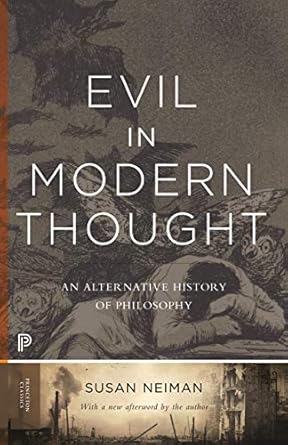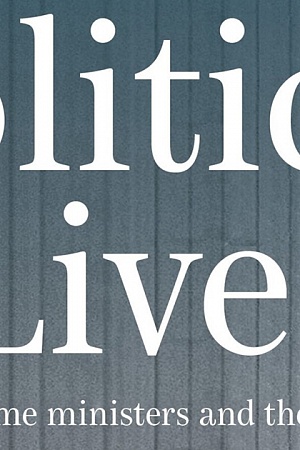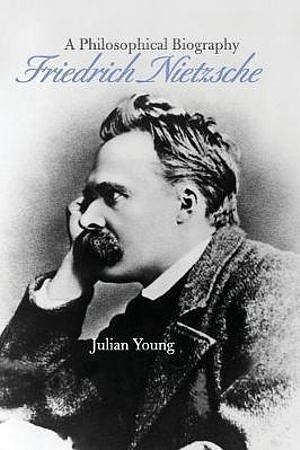Evil in Modern Thought: An alternative history of philosophy
Scribe, $53pb, 370pp
Evil in Modern Thought: An alternative history of philosophy by Susan Neiman
Late in in the thirteenth century, Alfonso X (‘The Wise’), king of Castille, declared: ‘If I had been of God’s counsel at the Creation, many things would have been ordered better.’ He raised a storm. That wickedness, natural disaster and the inexorable corruption of things filled the world with suffering had hardly gone unnoticed, of course. Theologians had long sought to reconcile the existence of evil with God’s omnipotence and benevolence. But Alfonso reanimated a worm in the heart of reason: the suspicion that, really, God could have done better.
Leibniz wrote a theodicy, a defence of God. If only we knew all, all that had been and was to be, then we would see that this is the best of all possible worlds. Voltaire replied that, if this was the best, he wanted to know what the others were like. But Alexander Pope agreed, in indurate lines:
All Nature is but Art, unknown to thee;
All chance, Direction, which thou canst see;
All Discord, Harmony not understood;
All partial Evil, universal Good:
And in spite of Pride, in erring Reason’s spite,
One truth is clear. WHATEVER IS, IS RIGHT.
Continue reading for only $10 per month. Subscribe and gain full access to Australian Book Review. Already a subscriber? Sign in. If you need assistance, feel free to contact us.









